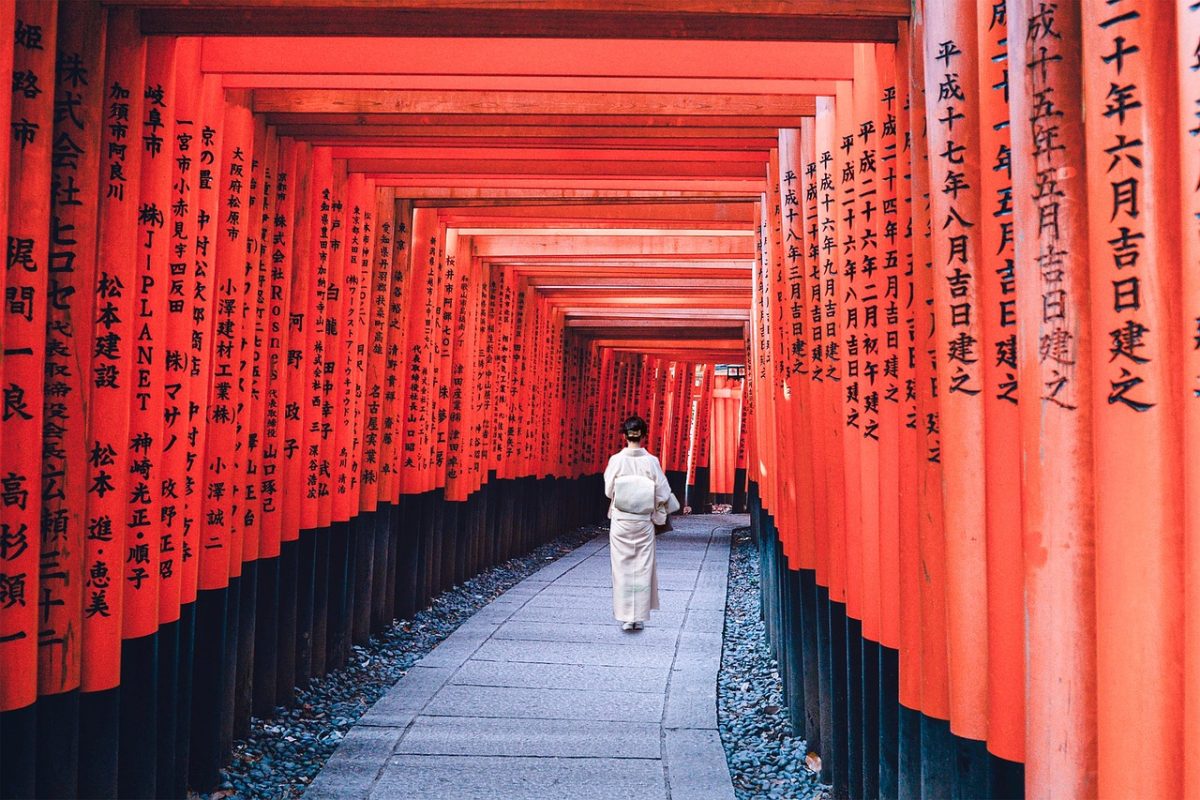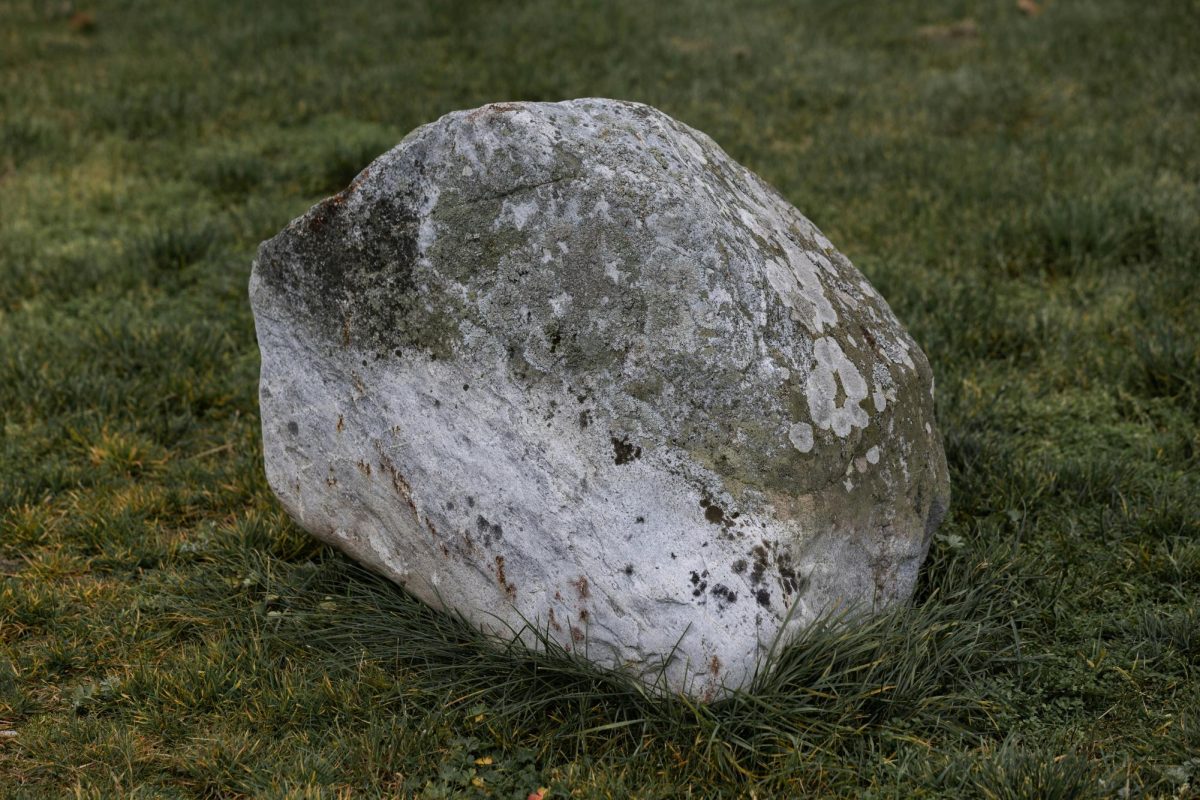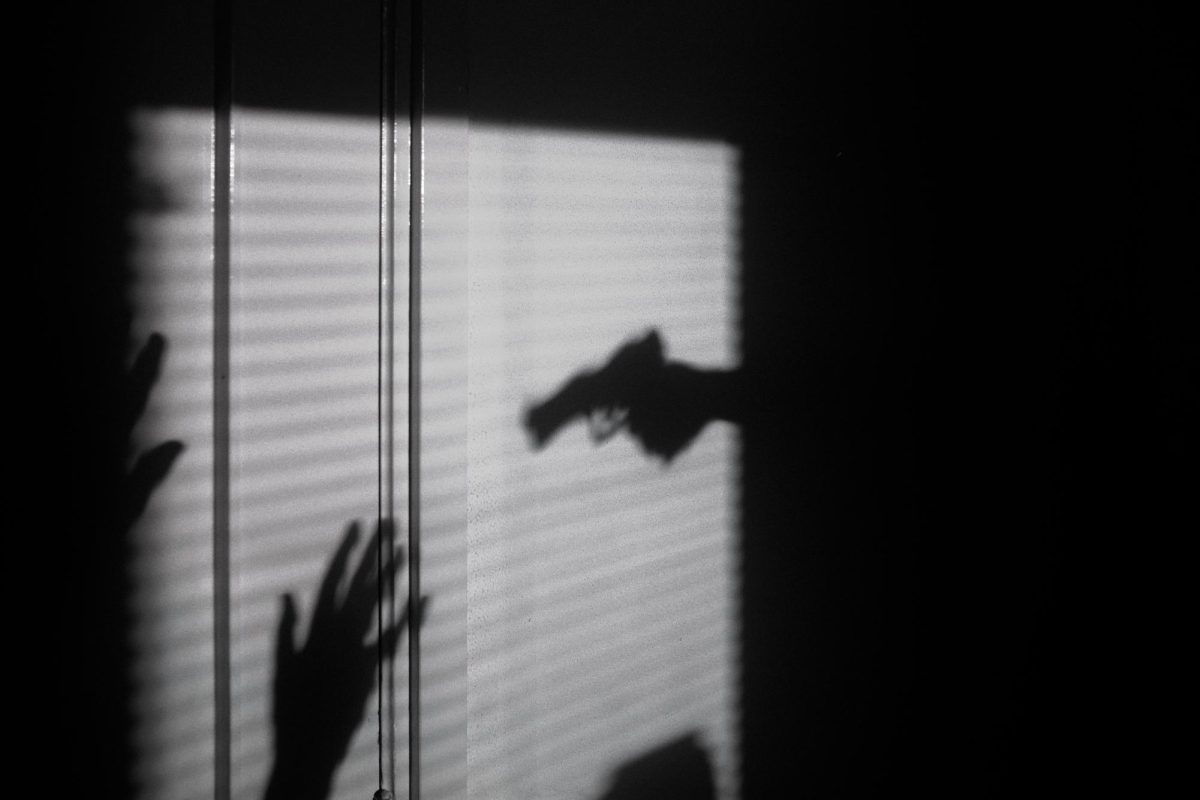In Japan, multi-race Japanese people are referred to as “Hafu”. Hafu culture has become a popular topic and even a trend in Japan. To such multicultural Japanese people, like myself, this term has both a toxic and practical connotation. Hafu stems from both the English word “half” and the Japanese belief that such people are not ‘pure blooded’, but instead only half of a ‘fully Japanese person’. Consequently, to some Hafus, this term feels belittling, as if they are only half of a person. To other Hafus, the label provides a sense of belonging, which can be comforting for those who are not fully accepted as part of either nationality. Hafu is therefore used as a derogatory term as much as it is used as a matter-of-fact way of explaining one’s background, providing a shorter way of saying ‘multi-ethnic Japanese person’. Thus, the word Hafu has different meanings depending on the person.
Personally, I believe that the origin, the widespread use of and my experiences with the label have been more toxic than practical. I thus prefer not to use the word Hafu to describe myself and others with. To explain, I’ve found the Hafu culture similar to how mud-bloods and half-bloods are seen as in J. K. Rowling’s “Harry Potter”. The word mud- or half-blood, similar to Hafu, seems to revolve around one’s blood, how pure versus tainted we are. Hafus also face similar outcasting treatment that mud-bloods do in places where they should theoretically belong. If you are not familiar with Harry Potter, I’ve also come to explain the term to be similar to how dog breeds are labeled, specifically mixed breeds like Labradoodles. People seem to talk about us like we are mixed crossbreeds of Labradors and Poodles. The words Hafu or “mixed person” also makes many people feel as if they are some assortment of cake batter, once again, not a human comparison. If not “Harry Potter”, dog breeds, or cake, I could just explain Hafu to be the equivalent to being an alien. Although comparing a Hafu to an alien may seem cynical, it makes more sense when understanding how Japanese society views Hafus.
To give a little perspective on how Hafus are treated by Japanese society, Hafus are stereotyped to be automatically better looking, smarter, healthier, or English-speaking. While these labels may seem uplifting, in reality, they are very uncomfortable. Setting aside the obvious identity crises that comes with being a Hafu, these stereotypes lead to common childhood bullying and later micro-aggressions in one’s adult life. The stereotypes also often make Hafus feel like less of a human, as they are undeniably idolized and fetishized for their ‘exotic’ looks. The focus on a Hafu’s appearance is frustrating and strange. The “Hafu look” has become a disturbing trend, to the point where there are various make-up tutorials or advertisements that help you “get a face like a Hafu”. Some even strive to have Hafu babies just for the aesthetic. Moreover, if a Hafu does not fit the stereotypes, they are referred to as “zannen na Hafu”, meaning “disappointing halfs”. On the other hand, if a Hafu does fit the stereotypes, all their achievements or admirable features are disregarded “because you are Hafu”. For example, “you’re so cute because you’re a Hafu” or “you’re talented because you’re a Hafu”.
There is a fine line between racism and ignorance, and I believe that Japanese society is the latter. The reason for this is simple: Japanese are just not used to non-Japanese or Hafu people. For example, many blasian Hafus (someone who is both black and Japanese) have expressed that they face ignorant comments because many Japanese people have merely never met a person of color before. There are also deeply ingrained stereotypes about people who do not look Japanese, not because of ill-intent but rather because they have not interacted with such people. Therefore, since Hafus, for the most part, are lucky enough to understand various cultures, they are increasingly seen as a bridge between Japan and foreign cultures. I thus believe that we, as Hafus, are not stuck in the middle of a bridge between Japan and another country, but instead, we are the bridge. However, it is important to note and understand that it is not a Hafu’s responsibility to teach Japanese people, society and government to be less ignorant and racist.
The Japanese government, however, seems to block the bridge between a Hafu’s countries, as they forbid dual citizenship. Passports are often seen as the deciding factor to one’s nationality, yet Hafus with dual passports are denied the possibility of both passports. Since Hafus already struggle with their multicultural identity, the ban on dual passports worsens it, as a Hafu is by law, forced to pick between their nationalities at 20 years old. Therefore, I believe that Japan’s view on dual citizenship is outdated and does not consider Hafus.
Lastly, but most importantly, I believe that people like myself are not ‘half’, but that we are ‘both’. Instead of being half-Japanese or a mixed person, I am MULTIcultural or Japanese AND x-country-nese. ‘Hafu’ versus ‘Bothu’, they both sound and are absurd, but there is a significant difference.







